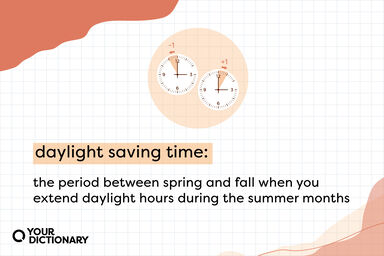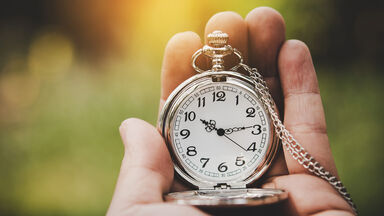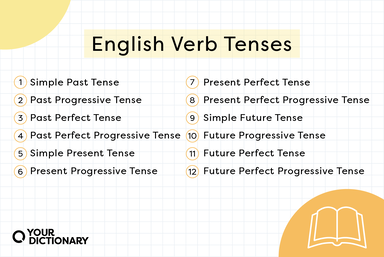Clock Definition
- time
- measure time
- register distance
- register speed
- Throughout the entire 24 hours of the day; continuously.
- To beat or defeat decisively:
- To preserve a lead by maintaining possession of the ball or puck until playing time expires.
- day and night without stopping
- to record the time of one's arrival (or departure) by means of a time clock
Idioms, Phrasal Verbs Related to Clock
- around
- clean (someone's) clock
- kill
- around the clock
- clock in (or out)
Origin of Clock
-
c. 1350–1400, Middle English clok, clokke, from Middle Dutch klocke (“bell, clock”) (modern klok), from Old Northern French cloque 'bell' (French cloche), from Gaulish clocca (compare Welsh cloch, Irish clog), from Proto-Indo-European *klak. More at laugh. Related to Old English clucge, Low German Klock (bell, clock), German Glocke, Swedish klocka.
From Wiktionary
Middle English clokke from Old North French cloque bell or from Middle Dutch clocke bell, clock both from Medieval Latin clocca of imitative origin
From American Heritage Dictionary of the English Language, 5th Edition
Origin uncertain; designs may have originally been bell-shaped and thus related to Etymology 1, above.
From Wiktionary
Perhaps from clock bell (obsolete), from its original bell-shaped appearance
From American Heritage Dictionary of the English Language, 5th Edition
Related Articles
Find Similar Words
Find similar words to clock using the buttons below.





